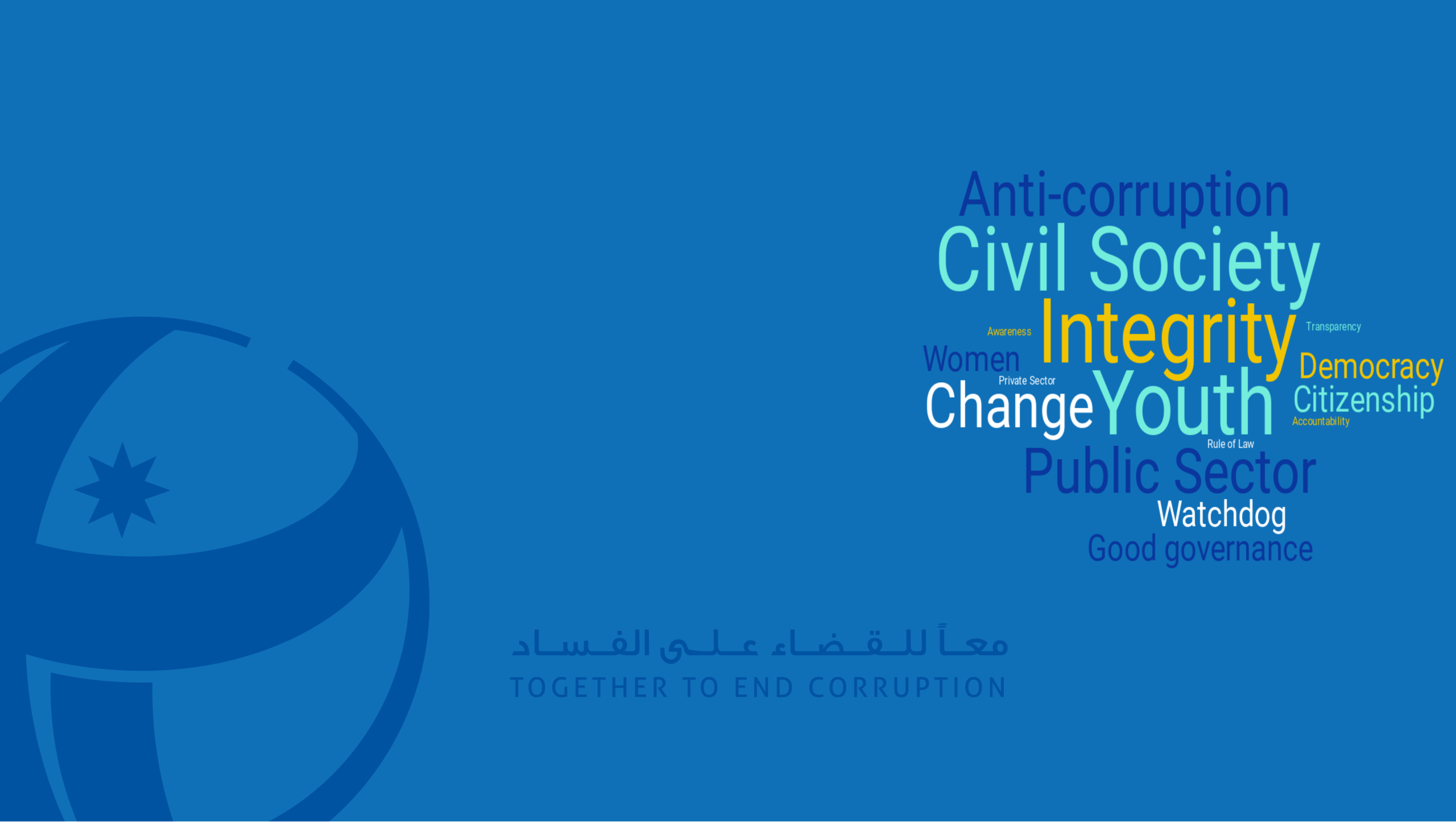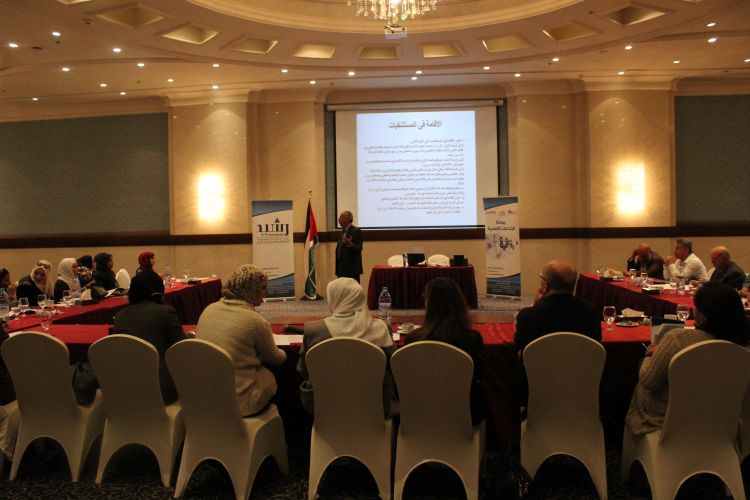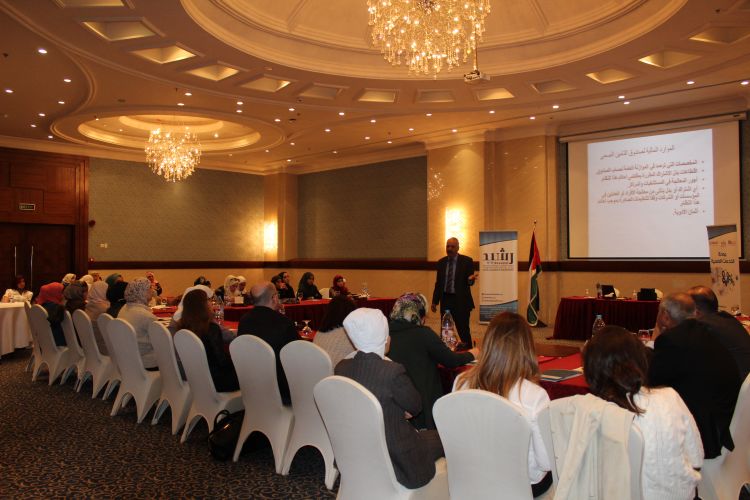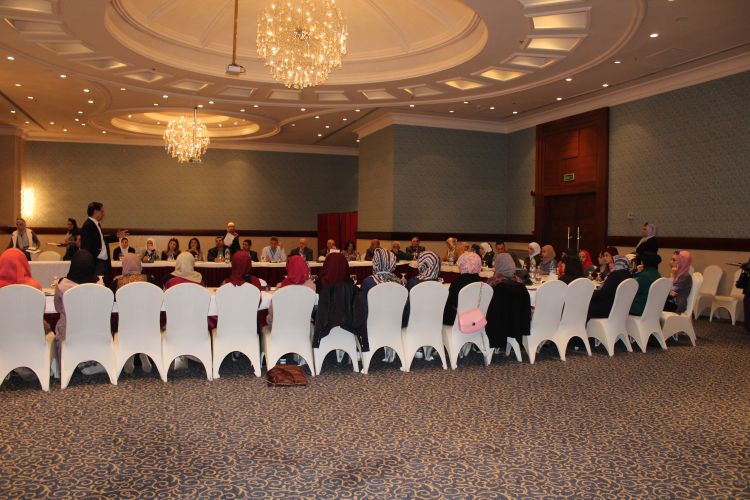Integrity in the Public Healthcare Sector

There is an increasing demand on public health services in Jordan, making the universal and equitable provision of quality services a public interest priority on a national level.
87% of the population has public health insurance and the prospects of illicit activity are increasing by Jordan’s weakened governance and integrity.
Public healthcare delivery is a complex sphere with numerous players, which raises the chances of corruption.
This is the reason why, our goal is to build an integrity system, based on good governance in all institutions with public interest, by improving the integrity level of public healthcare sector service delivery.
Our main objectives are:
1. Quantifying and improving the quality of public healthcare services.
2. Enabling CSOs to participate in decision making related to the quality of health services.
3. Improving the efficiency of the budget expenditures in the public health arena by building Civil Societies' capacity and engaging them in decision making processes.
4. Improving the transparency in data sharing between the government and the public.
To achieve these goals, we ran different activities such as:
1. A patient satisfaction survey.
2. A focus group with stakeholders to assess Ministry of Health (MoH) hospital capacities as they relate to maternal and child health.
3. We also set a public education strategy to facilitate access to information, training CSOs on public health insurance and medical coverage.
Patient satisfaction survey
The aim of the study was to evaluate the quality of secondary health care services in the Ministry of Health hospitals along with their degree of integrity and transparency.
The field study was based 800 individuals (400 inpatients and 400 outpatients) from 13 hospitals in the country.
A questionnaire was designed to collect the quantitative and qualitative data. It was divided in 3 parts:
1. Personal and biographic data
2. Questions to assess the quality of services and the satisfaction of the beneficiaries.
3. Open-ended questions to identify the most important pros and cons of healthcare services and improvements opportunities from the beneficiaries.
Focus Groups
The focus groups were implemented in order to include CSOs whose role would be to assess the capacity of MoH hospitals in terms of maternal and child healthcare services.
The results of the patient satisfaction survey were presented, the CSOs provided their perceptions, opinions and beliefs towards the services of these 13 hospitals.
They were asked a set of questions, and we received some very interesting proposals:
1. The improvement of pre-marital screening to include genetic examination in the pre-marital period
2. To support the retention of the baby's stem cells, providing the necessary awareness regarding this topic.
3. The distribution of a booklet to future parents that contain information about vaccinations and services needed for the mother and the children.
4. To increase the maternity leave for working women.
5. The establishment of a nursery in each institution.
6. To focus on the mother after they gave birth as it is a crucial stage.
7. The creation of a system to support the provision of milk and diapers for children.
8. To create a reporting system for domestic violence.
Roundtable Discussion
The directors and other administrative staff from the 13 assessed hospitals, along with senior MoH staff were invited to our office to review and discuss the results of the study, the most common problems patients were facing in their hospital, and ways to deal with them.
The most common problems exposed were:
1. Queuing system, most of the patients don't wait.
2. Long waiting time and overcrowded hospitals.
3. Lack of staff compare to the number of patients.
4. Lack of trust to the service provider.
5. Shortage in medication supply.
6. Disrespect of hospital regulations.
CSOs Capacity Building
We organized a workshop to train around 90 CSOs representatives on how to develop and administer patients' satisfaction survey and assess hospitals.
The training was based around 4 aims:
1. Identify methods of data collection
2. Identify the mechanisms for determining the questionnaire
3. Identify the patients' satisfaction research questionnaire
4. Identify the methods of data analysis
The main recommendation suggested by the participants of this workshop to help hospitals improve their services were as follows:
1. To implement an independent financial and administrative system and to delegate authority to hospital directors to improve the level of services.
2. To send the results of the study to each hospital director.
3. To conduct awareness campaigns for medical staff.
4. To address the problem of the lack of commitment from the medical staff.
This is the summary of the project 'Engaging CSOs in improving the integrity level of public healthcare sector service delivery'.
For the full report of this project, please go to 'Publications'
If you are interested in participating with us or in supporting us in the fight against corruption, please call +96265812528 or send an email to info@rasheedti.org





